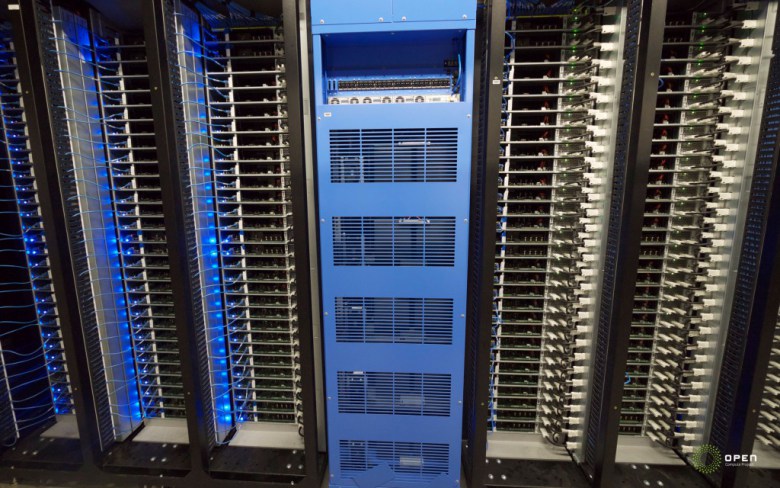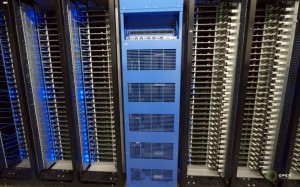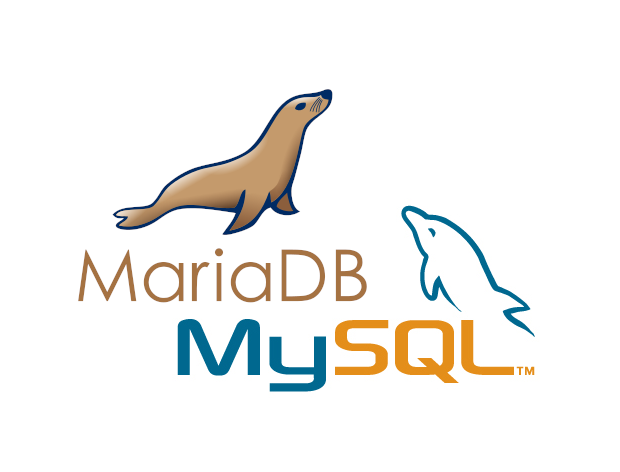Today social networking giant Facebook revealed a new load balancing system for its several data centers that results in some serious energy savings.
The system for balancing web requests on web server clusters, called Autoscale, saves power by “10-15% for different web clusters,” according to a blog post today from Qiang Wu, an infrastructure software engineer at Facebook.
The company has been working on data center energy efficiency for a very long time. Facebook built servers from scratch for its data center in Prineville, Ore., saving energy significantly. Other companies have also worked on data center energy efficiency. Google even uses artificial neural networks to cut data center energy usage.
So, how does this new Autoscale thing work? Usually, web servers at Facebook’s data centers follow a load balancing policy that distributes around the same number of page requests to each server, according to today’s post. When workloads get low — like at midnight — each server processes the same low number of requests and are all underutilized.
However, “for example, a particular type of web server at Facebook consumes about 60 watts of power when it’s idle (0 RPS, or requests-per-second). The power consumption jumps to 130 watts when it runs at low-level CPU utilization (small RPS). But when it runs at medium-level CPU utilization, power consumption increases only slightly to 150 watts.”
Spreading the workload to every server doesn’t seem to be energy-efficient. It might a better idea to have a bunch of servers running at medium level utilization. And that’s what Autoscale does.
Facebook now assigns a subset of the physical server pool to be the “active pool” while making the rest of the web servers have no traffic. The Autoscale system “dynamically adjust the active pool size such that each active server will get at least medium-level CPU utilization regardless of the overall workload level.”
Facebook has already rolled out Autoscale to its production web clusters, according to the post.
And it “led to a 27% power savings around midnight” in one web cluster and 10-15% average power saving for different web clusters over a 24-hour cycle.
It’s unclear if Facebook will release Autoscale under an open-source license. That move could help lots of other companies improve energy efficiency in their own data centers, at least with web servers.
courtesy : VentureBeat




